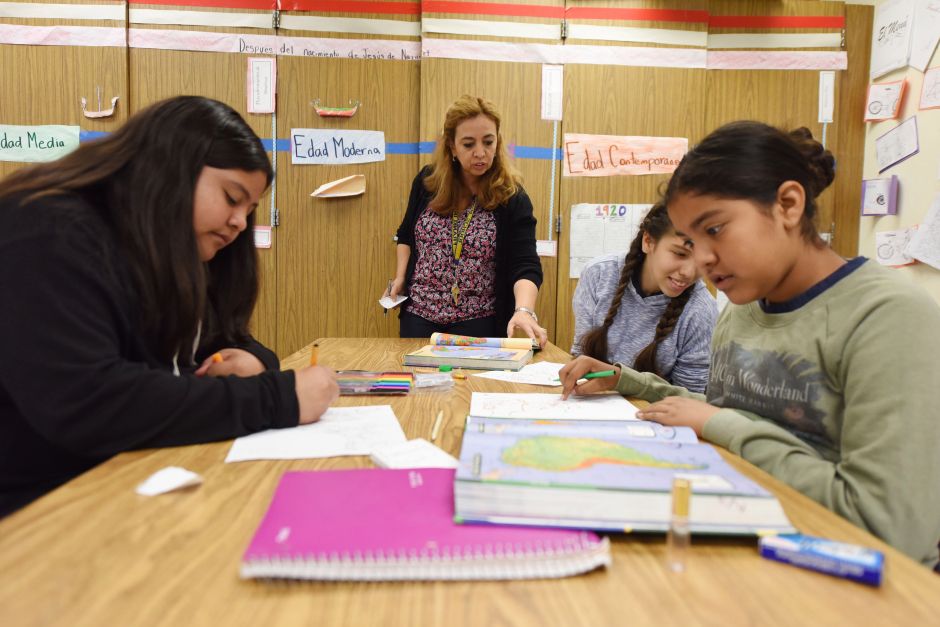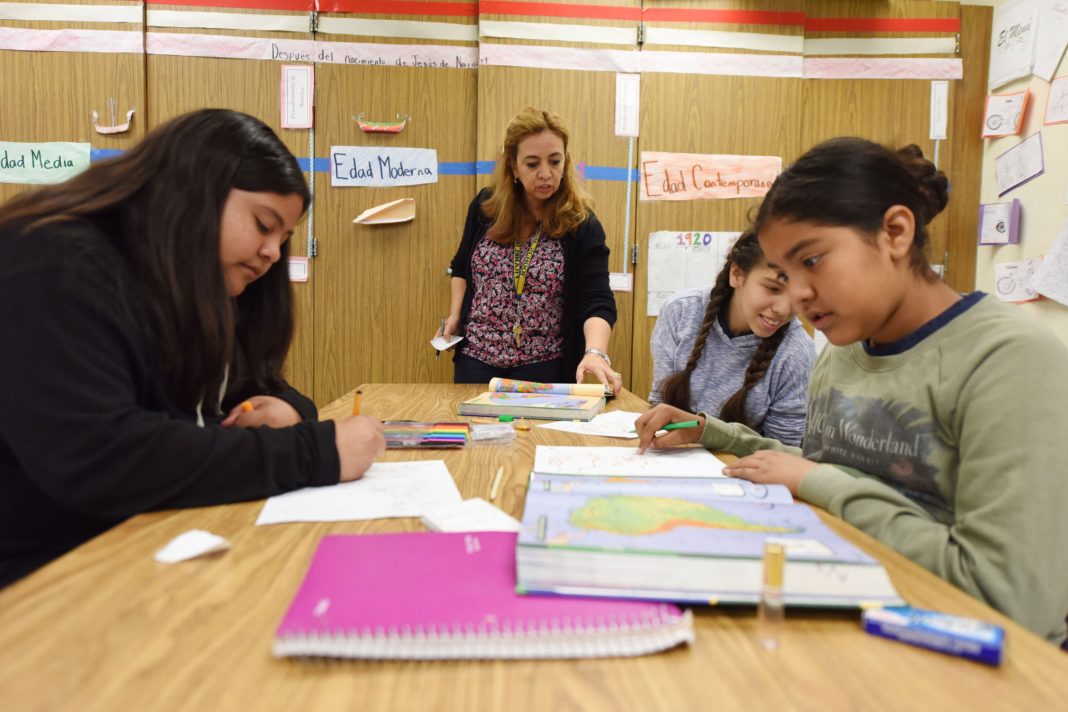
It will take time and it will be important to work as a team, but there will be support, education leaders said.
Students, parents and teachers were shocked in March when schools across the country abruptly closed their doors to prevent the spread of the coronavirus.
After four months, both parents and teachers worry about whether or not there will be a return to the classroom. The Los Angeles and San Diego school districts have already announced that classes will be online this fall, while New York City plans to have students attend classes in person for a few days. Other districts are considering hybrid models or allowing families to choose between online and in-person options.
Experts agreed that the spring semester was a shock having to change overnight for a completely online teaching.
“It was just a disaster,” said Steven Barnett, co-director of the National Research Institute for Early Learning. “It is important to see why school learning opportunities are more uneven at home.”
Barnett said public programs that were originally designed to help match, now face a problem if classrooms are closed.
The expert added that children in pre-kindergarten through eight years of age learn best through hands-on, one-on-one activities in small groups with adults and other children.
“That’s not just random free play, our institute reviewed hundreds of studies over decades to see what made preschool programs work,” said Barnett. “And the answer is that it’s intentional one-on-one teaching, in small groups, and that requires planning to get into each child’s head and the expert teacher who does that.”
The experts who participated in the videoconference “When children miss school”, sponsored by the USC Center for Health Journalism, agreed that changing to normal will take time and it will be important to work as a team.
LAUSD has help lines
The Los Angeles Unified School District (LAUSD) is the second largest district in the nation and has nearly 700,000 students and approximately 80% of them qualify for free or reduced lunches.
Joel E. Cisneros, director of mental health at LAUSD, accepted that during the first months of virtual school thousands of students missed classes due to disinterest or lack of the necessary resources at home, such as the internet or the computer .
“But we have done a great job of being able to understand where they are and being able to distribute resources,” said Cisneros.
However, one of the most striking points in LAUSD was when they opened a hotline that was originally to provide resources for students and families.
“It eventually became a mental health hotline,” said Cisneros. “And that really allowed us, from a mental health point of view, to understand how to connect with parents and families.”
Cisneros indicated that so far they have received more than 3,000 calls, mainly from parents and caregivers who have mental health questions, questions about basic needs, such as access to medical care and access to finances.
“That has really allowed us to understand a little bit more what is happening [en los hogares], and that families can connect with us, because ultimately, what we want is to make sure we are there for them, ”said Cisneros.
To continue helping families during this time of the pandemic, LAUSD also added a hotline where families can speak and ask questions about enrollment and other requirements like immunizations.
“Because we know that children if they are going to start Kindergarten, whether in physical spaces or not, we want to make sure that they are being vaccinated and that is something that has not been talked about much,” said Cisneros.
People with students in the Los Angeles district who are interested in calling the mental health hotline can do so at (213) 241-3840 from 8 am to 5 pm Monday through Friday.
The line has counselors and mental health professionals to provide support in English and Spanish. Teachers can also call and get advice on connecting their students to services.
Questions can also be sent to the following address: mentalhealth@lausd.net.
For additional general information about Open Enrollment transfers, parents and guardians may call the Demographic and Master Planning District at (213) 241-8044, or email mpd@lausd.net.







